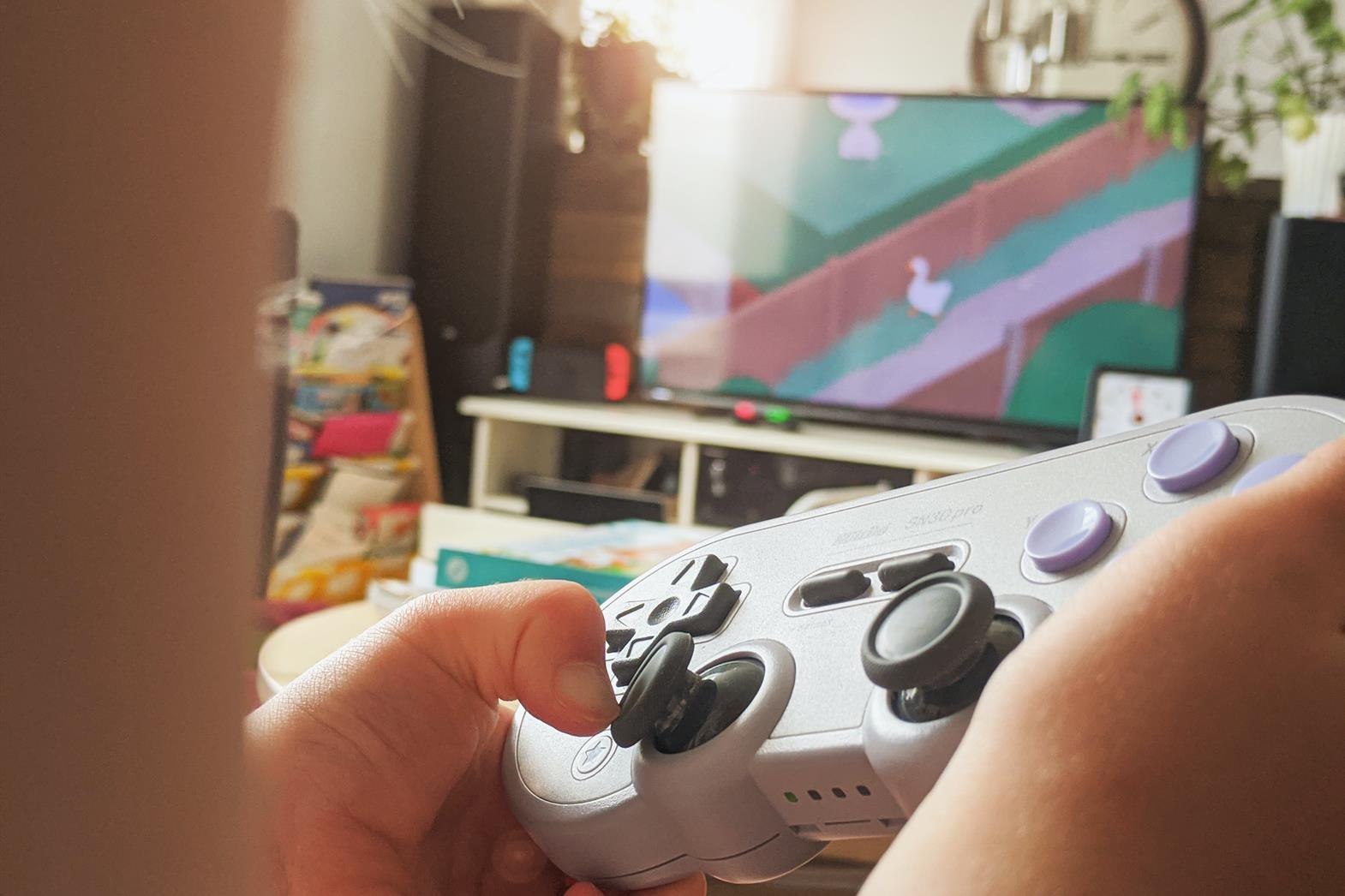What you need to know:
Problematic patterns of videogame play are related to inattentive and oppositional behaviour in boys with autism spectrum disorder (ASD). Role-Playing video games have a stronger connection with oppositional behavior compared to other genres of video games.
What is this research about?
Among typically developing children, there is a clear relationship between video game use and problematic behaviour. For instance, oppositional behavior, hyperactivity, and inattention in children are linked with higher amounts of videogame use, patterns of problematic gaming, and certain video game genres. This includes First-Person Shooter and Role-Playing games.
Children with ASD spend a large portion of their time engaged in screen-based activities, including video games. Thus, this research investigated whether a similar relationship exists between video gaming and problem behaviours among boys with ASD. The researchers predicted a connection between problem behaviours in boys with ASD and higher amounts of time spent playing videogames, as well as problematic video game use. They also predicted that video game genres like First-Person Shooter and Role-Playing games would be associated with problem behaviours.
What did the researchers do?
Researchers recruited parents of 169 boys with ASD between 8 to 18 years of age. They used a national ASD registry to recruit parents, called the Interactive Autism Network Research Database. Parents filled out an online survey that asked them about:
- Their son’s video game use;
- Their son’s video game genre preference;
- Problematic video game use; and
- Problem behaviours such as attention problems, impulsivity, and oppositional behaviours
What did the researchers find?
The researchers did not find a relationship between the daily hours of videogame play and inattention, hyperactivity, or oppositional defiant behaviour. However, problematic video game use was related to inattentive and oppositional symptoms. Researchers found that boys with ASD who often played Role-Playing video games were more likely to be oppositional compared to boys with ASD who played other types of games. Also, boys with ASD who preferred Role-Playing and/or First-Person Shooter video games were more likely to display problematic patterns of video game use.
This study was correlational. Thus, we cannot know if videogame use leads to these problem behaviours, or if these problem behaviours lead to problems with video gaming.
How can you use this research?
This research may have important implications for boys with ASD who regularly play video games. When monitoring the video gaming habits of boys with ASD, special attention should be given to their engagement in Role-Playing video games.
This study may also inform the proper actions that parents and professionals should take toward video game habits of children with ASD.
About the researchers
Micah Mazurek is an Assistant Professor in the Department of Health Psychology at the University of Missouri and a clinical child psychologist at the Thompson Center for Autism and Neurodevelopmental Disorders.
Chris Engelhardt is a graduate student at the Department of Psychological Sciences at the University of Missouri.
Citation
Mazurek, M. & Engelhardt, C. (2013). Video game use and problem behaviors in boys with autism spectrum disorders. Research in Autism Spectrum Disorders, 7(2), 316-324.This research summary was written by Evguenia Ignatova for the Chair in Autism Spectrum Disorders Treatment and Care Research. This research summary, along with other summaries, can be found at asdmentalhealth.ca/research-summaries
Reproduced with the permission of Dr. Jonathan Weiss (York University). This research summary was developed with funding from the Chair in ASD Treatment and Care Research. The Chair was funded by the Canadian Institutes of Health Research in partnership with Autism Speaks Canada, the Canadian Autism Spectrum Disorders Alliance, Health Canada, Kids Brain Health Network (formerly NeuroDevNet) and the Sinneave Family Foundation. This information appeared originally in the Autism Mental Health Blog (https://asdmentalhealth.blog.yorku.ca).


